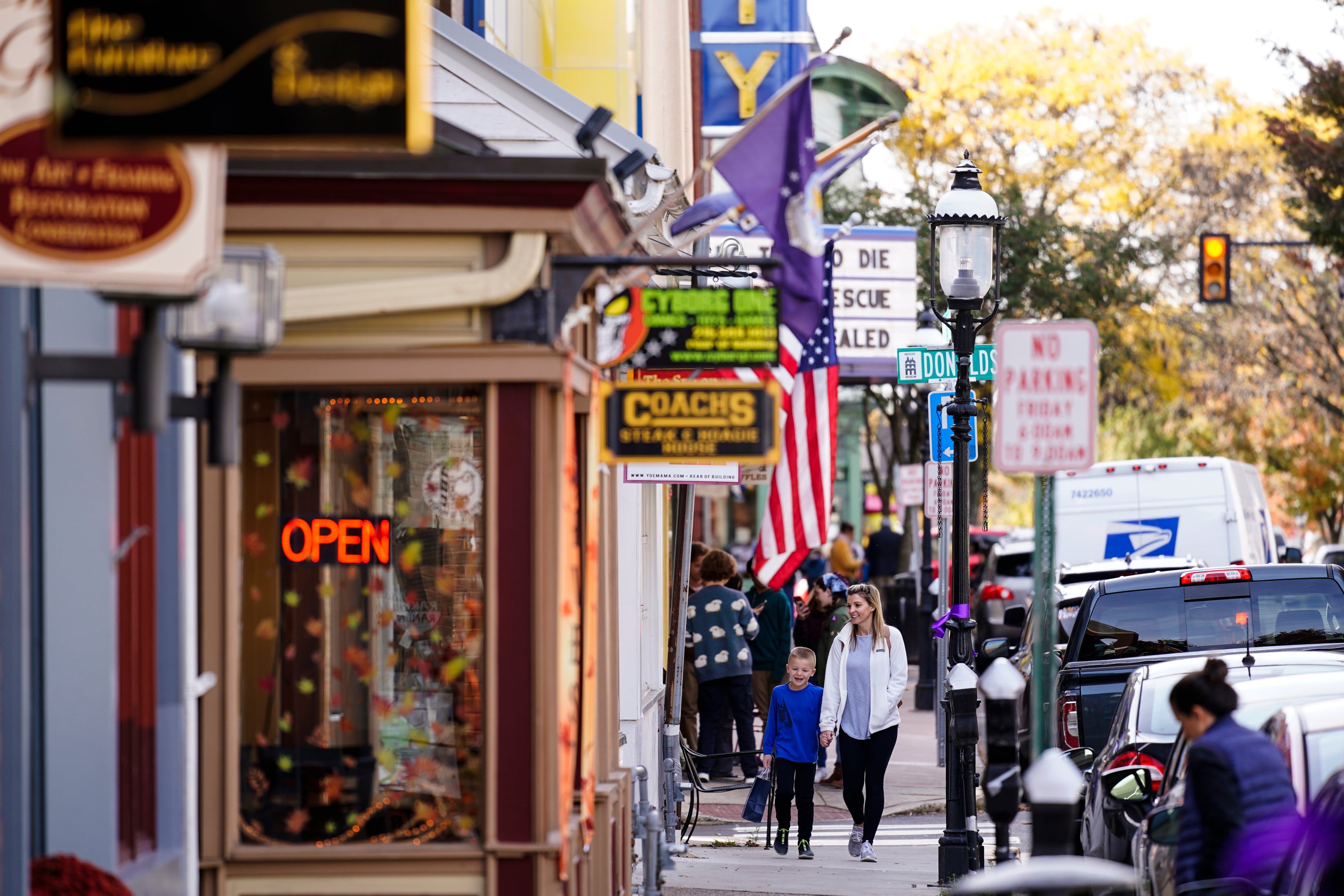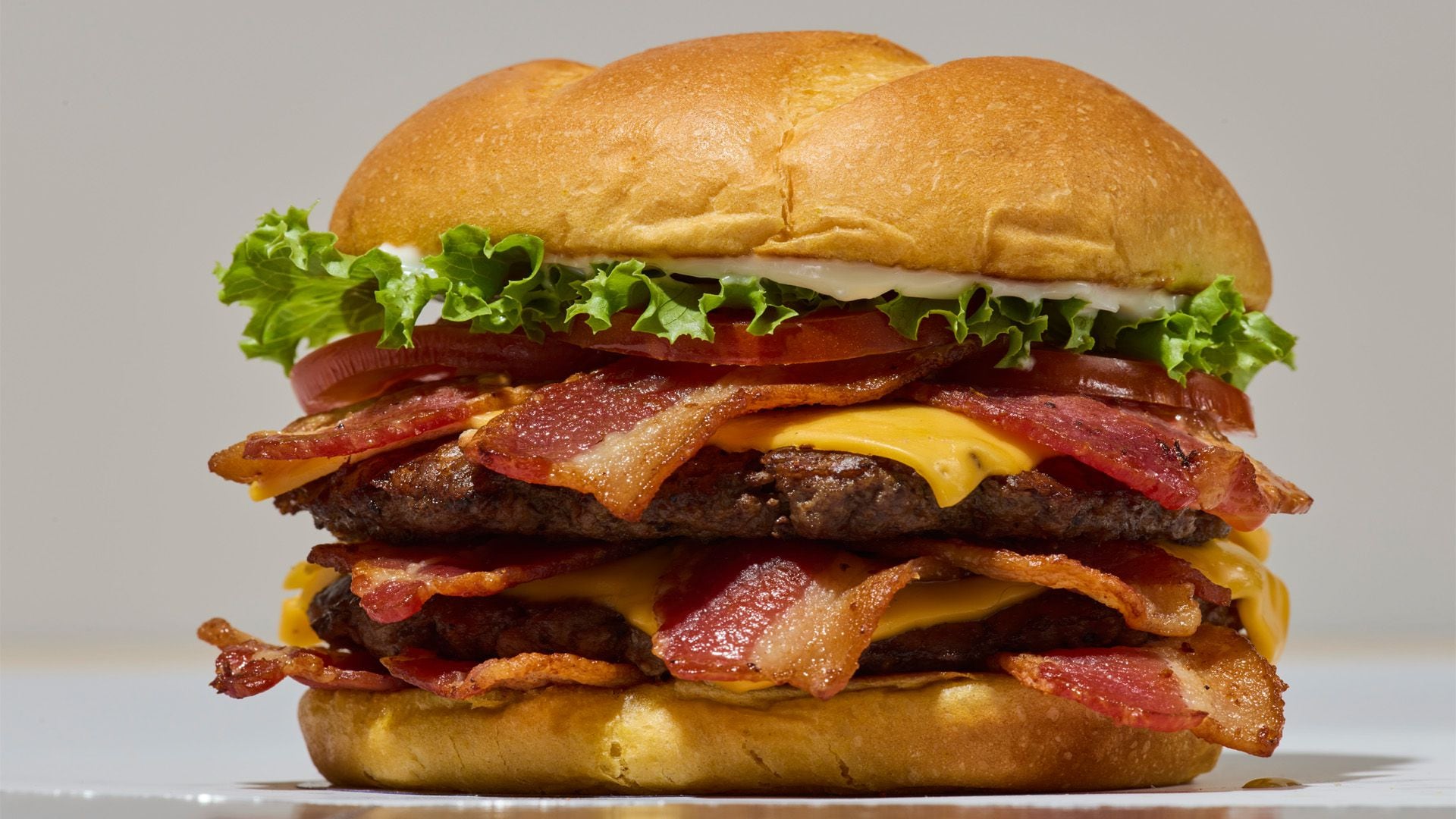*By Christian Smith* Few people want to live right next to a noisy highway, or under the flight path of a bustling airport. That means property values take a significant hit in areas with noise pollution. However, some types of noise can actually be a good thing for home owners. "An example where noise can be good for property values is construction noise," said Judy Dutton, contributing editor at Realtor.com, in an interview on Cheddar Friday. "Ultimately, construction is good for property values depending on what's going up." Construction noise is also temporary, Dutton added. It is generally a sign of investment and growth in the area, which can have a positive return on investment for buyers willing to push through the headaches. Noise pollution's effect on property value also varies by market. Noise has less of an impact on the price of a home in the heart of New York City, where it is expected, than it does in suburban and rural areas. Not all noisemakers are made equal. A [realtor.com study](https://www.realtor.com/news/trends/noise-discounts/) found that home prices within a 2-mile radius of an airport are discounted 13.2 percent from the going rate of other homes in the same ZIP code. The same study found homes near railway tracks are discounted 12.3 percent; and highways, 11.3 percent. If you're willing to pay more, and want to make sure you don't end up in a noisy area, Dutton recommends visiting the property at multiple times throughout the day. This allows you to get a more complete picture of possible noise pollution in the area. For the full interview, [click here](https://cheddar.com/videos/how-noise-pollution-impacts-property-value).












